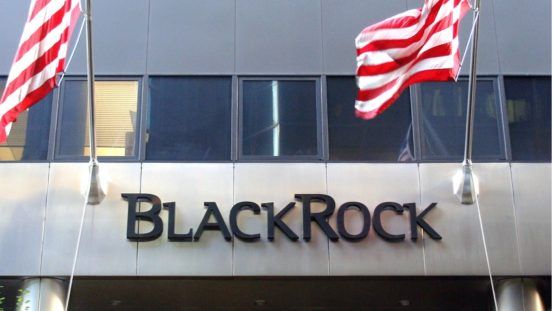Legg Mason unconstrained fund to focus on govvies
Dublin-domiciled absolute return fund will seek to navigate rising interest rates

Dublin-domiciled absolute return fund will seek to navigate rising interest rates

Duration on the Luxembourg-domiciled ‘go-anywhere’ fund will initially be about two years

South Asian giant’s domestically-focussed economy could deliver outperformance compared to its EM rivals if global trade war tensions rise

Investors weigh in on potential spillover effects from the fall in the Turkish lira

Unconstrained fund range was available to retail investors despite inclusion of complex derivatives and currency swaps

European bank credit has suffered sell-offs in recent months but with risks priced-in the asset class now looks attractive, analyst claims

The long/short equity hedge sector has lost about 6.6% over the last three years, according to FE Analytics

27% of European fund managers will be overweight in sector over the next 12 months, according to BofA

Currency sell-off highlights country’s reliance on foreign capital but analysts don’t expect contagion to spread

The Swiss asset manager suspended redemptions last week after it emerged manager Tim Haywood had been suspended

Swedish bank SEB warns that rising political uncertainty and trade tensions could undermine sector

ECB may opt to extend QE if slowdown continues and political situation in Italy worsens, say analysts